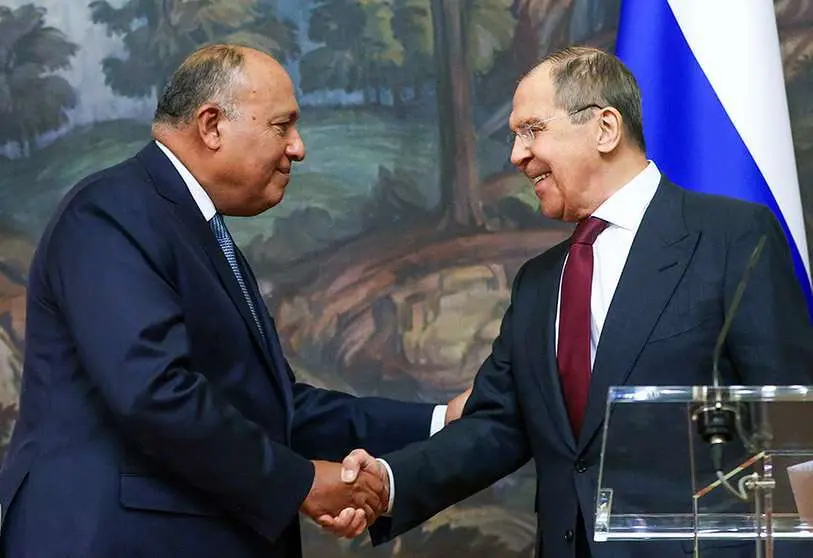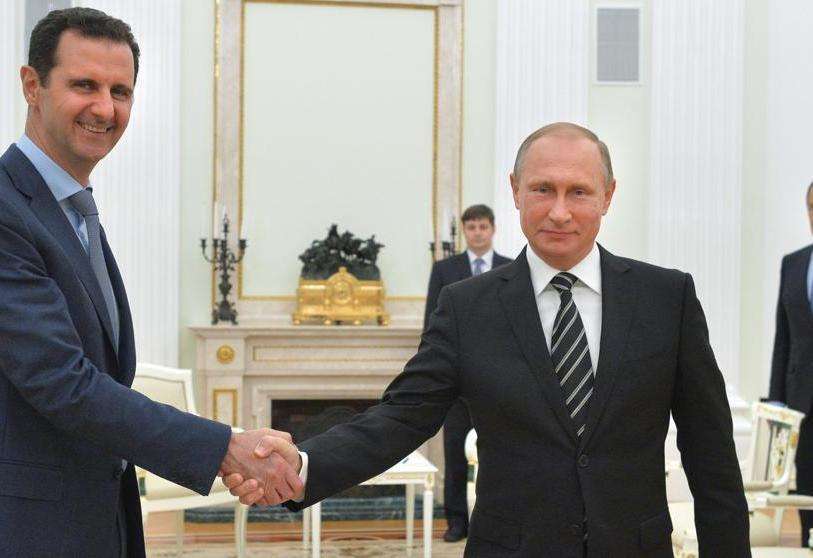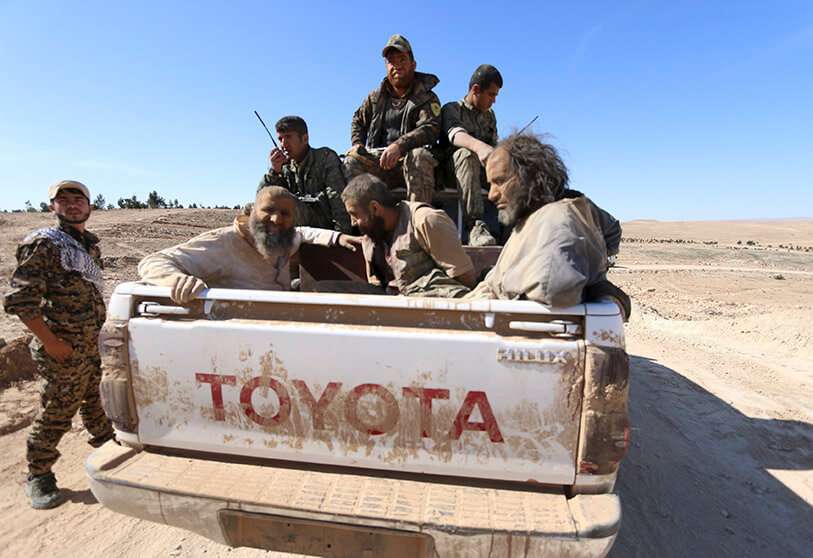Egyptian and Russian foreign ministers discuss foreign troop withdrawal from Libya

After a brief meeting on the sidelines of the UN General Assembly, Sameh Shoukry and Sergei Lavrov met again in Moscow to discuss a number of issues of interest to Egypt and Russia in greater depth. The Russian foreign minister invited his Egyptian counterpart to Moscow to discuss "a whole range of urgent topical problems", Lavrov told a press conference.
One of the main common interests is Libya, a conflict in which both countries support the same side, the Libyan National Army (LNA), led by Marshal Khalifa Haftar. On the other side is the Government of National Accord (GNU), supported by powers such as Turkey and Qatar.

Libya is preparing for the upcoming presidential and legislative elections, to be held on 24 December. These elections could finally usher in a new era of stability in the country, which has been immersed in conflict and insecurity since the fall of dictator Muammar Gaddafi. However, in order to finally achieve the desired peace, the North African country must resolve the major challenge posed by the foreign fighters who are in the country fighting for the different sides.
Russia has a relevant role to play here, as since the confrontation between the LNA and the ANG began, the Kremlin-linked Wagner group has been accused of sending mercenaries to Libya to fight alongside Haftar's troops against the ANG. However, other countries such as Turkey have also sent Syrian or Sudanese fighters.

Recently, Libyan Foreign Minister Najla al-Mangoush said that the government has begun to devise measures that focus on the withdrawal of these military personnel. "The Libyan authorities are aiming for a broader and more complete exit of foreign forces," al-Mangoush said.
Some of these mercenaries are behind war crimes committed in the country since 2016, according to a UN investigation. "Our report documents the recruitment and direct participation of children in hostilities, enforced disappearances, extrajudicial killings and ongoing sexual violence," said Tracy Robinson, a member of the UN mission in Libya.

"We share the position that foreign forces should withdraw in a gradual and synchronised manner," Lavrov said during the press conference with Shoukry. The Egyptian foreign minister reaffirmed his counterpart's words, adding that extremist organisations in the country "must be completely eradicated".
Shoukry warned that these groups represent "a grave danger to the country, its neighbours, the Sahara and the Sahel". In recent years, taking advantage of the chaos in Libya, many terrorist cells have used the North African country as a safe haven to reorganise again and from there establish bases in the Sahel, a region that is experiencing a worrying rise in jihadism.

The head of Egyptian diplomacy added that during the meeting they drew up plans to maintain stability, territorial integrity in Libya and a ceasefire, as reported by Arab News.
The two ministers also have a similar stance on Syria. Moscow has been one of Bashar al-Assad's main allies during the war that began in 2011. It is also worth noting the efforts of Russian diplomacy to bring Damascus back into the international community. In contrast, other key powers such as the United States still do not accept the Syrian president. In addition, Washington has imposed harsh sanctions on the country, accentuating the crisis caused by years of war. "The United States will not improve or normalise diplomatic relations with the Assad regime, nor will we encourage others to do so," the State Department spokesman said recently.

On this issue, Egypt backs the Russian position. "Cairo considers Syria an integral part of the Arab domain and Arab national security, and historically relations between Egypt and Syria have always been of importance at the bilateral level, in addition to being one of the pillars of cooperation and coordination for the maintenance of Arab relations," Shoukry defended. "Syria has every right to be a member of the Arab family. The country's return to the Arab League is an important component of the whole political process," he added.
Lavrov, for his part, pointed to the need to help Syrians "to overcome the repercussions of the crisis". The Russian minister also added the terrorist threat in the Idlib region, where terrorist groups are attacking Syrian and Russian forces.

On the Israeli-Palestinian conflict, both ministers advocated a two-state solution, guaranteeing an independent Palestinian state with its capital in East Jerusalem. "We will continue to coordinate closely on this issue, including the issue of Palestinian national reconciliation, where Egypt plays a leading role," Shoukry said.
Egypt, along with Sudan, is at loggerheads with Ethiopia over the waters of the Nile River. The Egyptian minister used the meeting to thank his counterpart for Moscow's support on the issue. "I thank Russia for the support Egypt received in addressing this issue in the Security Council," Shourky said. He expressed his desire to continue to cooperate in order to reach "a legally binding solution that guarantees the rights of all parties".

The two countries have an agreement that entered into force in January that involves cooperation and collaboration in various sectors, such as the economic, commercial and military sectors. The meeting in Moscow also served to reinforce this partnership. "We hope to continue working to activate all these areas and to bring trade back to its levels," Shoukry stressed.








